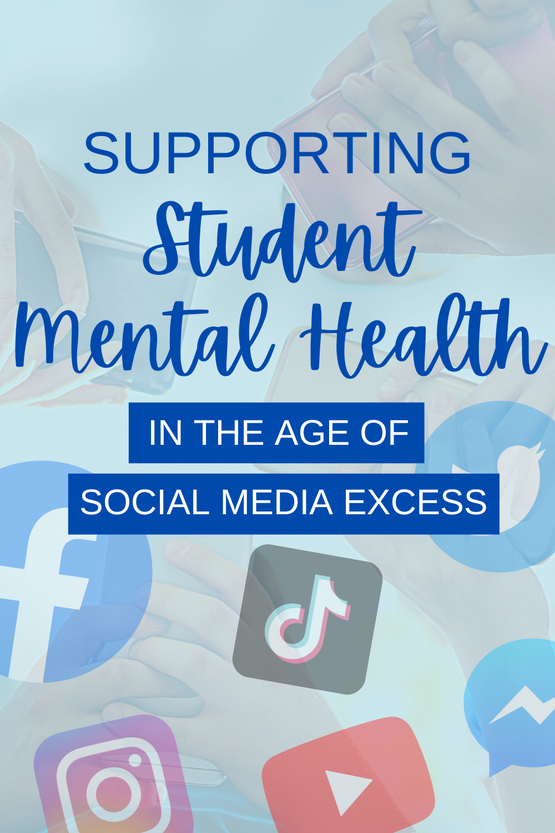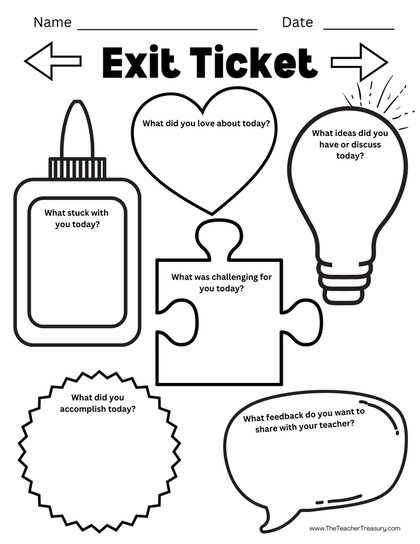|
Cyberbullying and excessive social media use are noteworthy concerns in today's society, especially when it comes to the mental health of our youth. The constant need to be liked and accepted online has led to a generation of kids who are struggling with low self-esteem and a lack of self-confidence seemingly more so than children in recent years past. This negative impact on mental health is noticeable when observing and listening to the way kids feel and talk about themselves. They are driven by a need to be like the influencers they see on social media platforms like YouTube, Instagram, and TikTok. They want to look and act like these people, even if it means changing who they are as individuals. This desire to be someone else can cause feelings of worthlessness so intense that they don’t even like themselves. As a result, they might start projecting their insecurities onto others with negative and hateful comments. Ultimately, they may start feeling depressed and turn to self-harm.
Children are like sponges. They absorb everything that goes on around them. They observe and learn from the peers and adults in their lives. These observations shape their beliefs, values, and behaviors. So, when children see adults around them being depressed, self-critical, and self-loathing, it sends a message that these behaviors are normal and acceptable. Many of these children go on to develop similar negative thought patterns, which can negatively impact their mental health and self-esteem. They may also be impacted by seeing adults changing their physical features with plastic surgery. As a result, they may start to believe that physical appearance is the most important aspect of one's self-worth, and that one must change their appearance to be accepted and loved. This can lead to body dissatisfaction and low self-esteem in children. It can also lead to a pressure to conform to societal standards of beauty, which I can't image is healthy for a child’s emotional and mental well-being. In addition, when children see adults criticizing, critiquing, and body shaming other adults, they learn that it's acceptable to judge and belittle others based on their appearance. This can lead to a lack of empathy and compassion in children and can also contribute to a culture of bullying and body shaming. Many children are internalizing these negative messages and then begin feeling inadequate and unworthy themselves.
Now let’s ask ourselves some critical thinking questions:
What do you think about this post? Please leave a comment and share your thoughts below.
0 Comments
Leave a Reply. |
Good Morning, Ms. Williams!Creating, Blogging & Sharing Educational Resources Categories
All
|













 RSS Feed
RSS Feed